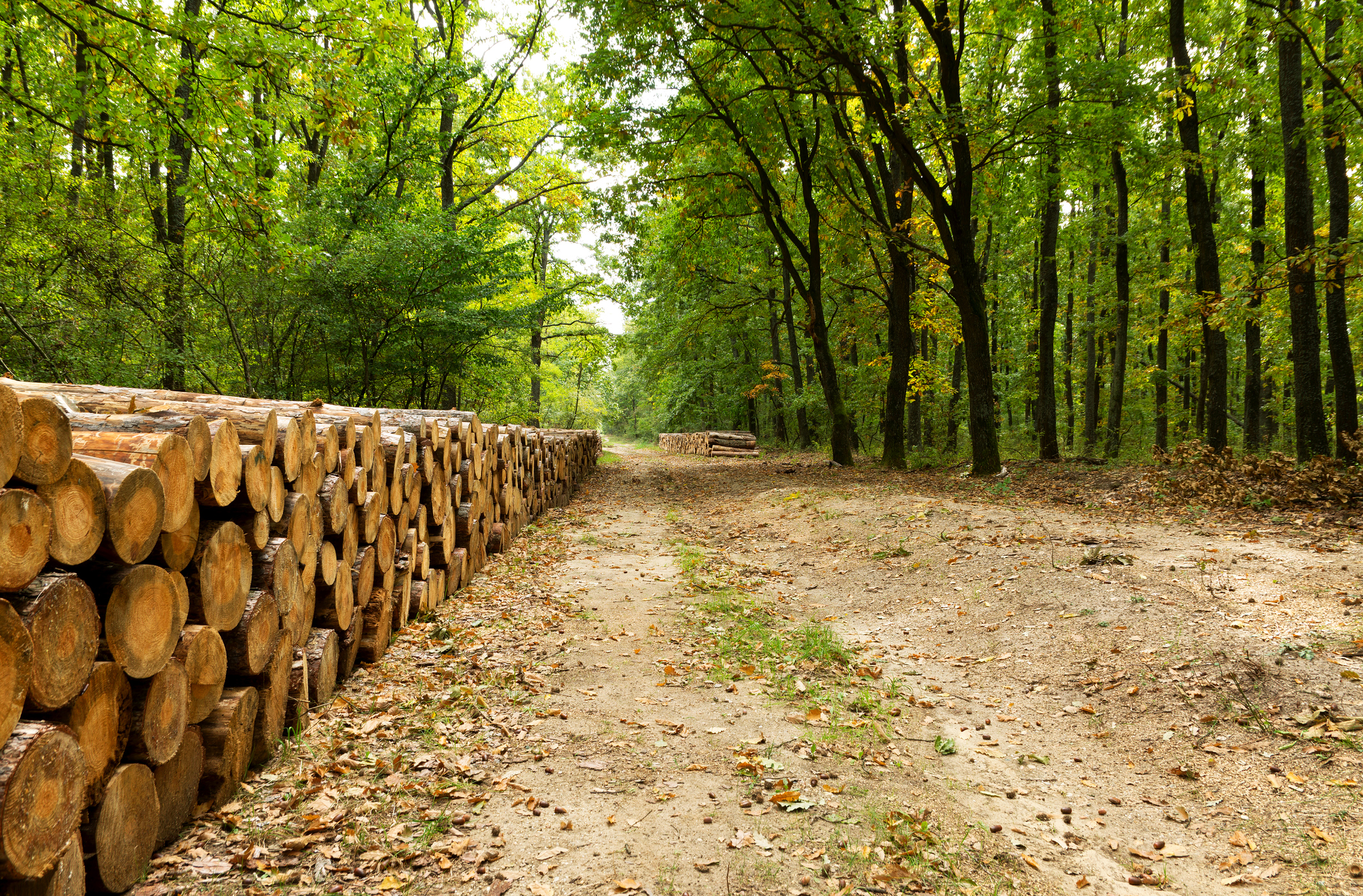Proposal to redirect school funding from timber harvests has potential but must address concerns

Key Findings
1. Superintendent of Public Instruction Chris Reykdal announced a proposal to direct revenue from timber harvests in state trust forests to rural districts.
2. Rural school districts could end up receiving less money than what they were promised.
3. Although the Superintendent’s office argues this doesn’t impact sustainable harvest levels, the proposal could support harvests that provide not only revenue but several environmental benefits.
4. If rural communities are going to be more reliant on state trust revenue, they should also have more local control over harvest levels and forest management.
5. If the proposal is focused only on where revenue from timber harvests goes, then comments about changing forest management to emphasize habitat protection and absorbing CO2 are counterproductive.
6. Sustainable harvests offer the best strategy to provide consistent revenue for schools, forest stewardship, and to provide lands that are open to the public.
7. If the forests aren’t put into a trust for rural schools, this policy could do serious harm to timber communities, schools, and forests.
Introduction
Washington’s Superintendent of Public Instruction, Chris Reykdal, with support from the Washington Environmental Council, recently announced he wanted to target revenue from timber harvests on state lands that are legally required to fund the state’s School Construction Assistance Program to rural school districts, replacing the revenue for urban districts with taxes. This is a matching program that is sending most of the state’s construction funding to urban and suburban school districts. He argued that the amount of revenue from state trust lands is small – about 10% of total state funding - and makes up less than 1.4% of all school construction when including local funding. Although he was not clear about what this means for the level of harvest in Washington state trust forest land, the Seattle Times noted “Reykdal sounded more like an environmental leader than a superintendent.” He also echoed some of the rhetoric from the environmental left about carbon storage in standing trees being a tool to reduce atmospheric CO2, an argument that has been used to stop timber harvests.
I asked the Superintendent’s office if Reykdal would commit to maintaining the current sustainable harvest level, and they responded that “Our proposal makes no assumptions about lower or higher harvest levels. It is specifically targeted at the Legislature to dedicate Common School Trust (CST) revenue for the communities where the revenue is generated.” That isn’t a clear commitment to maintaining current levels of harvest; since the SPI’s statement includes a comment from the Washington Environmental Council, which supports ending harvests in state trust forests, there is a risk that this policy could leave schools, communities, and our forests in worse shape.
###




